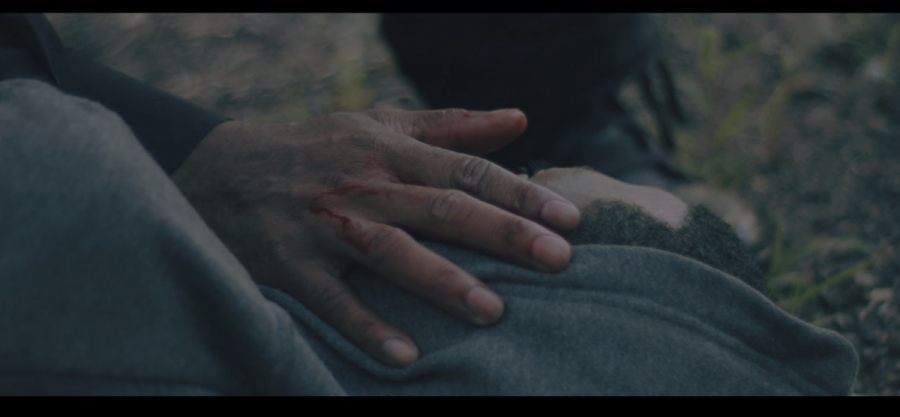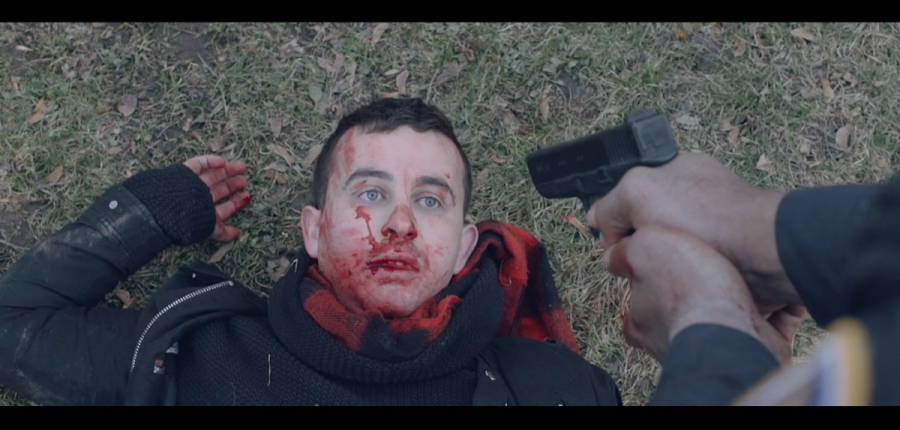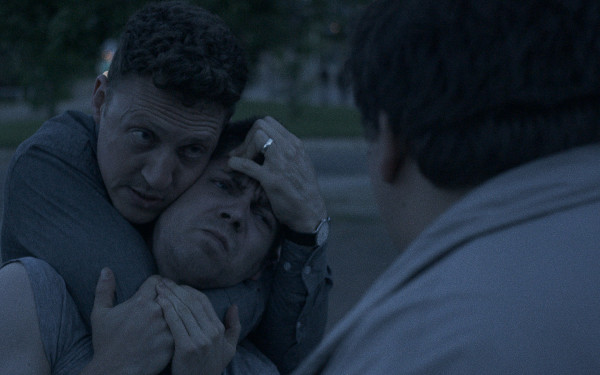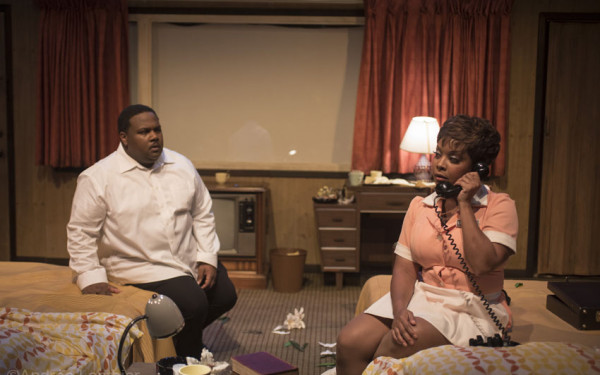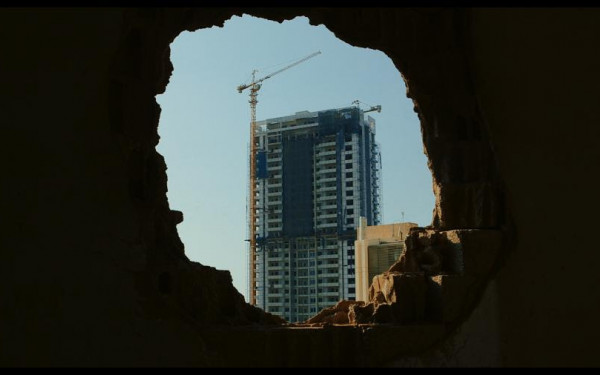Artist Profile: Vladimir Philogène Opens Up About Seeing Color for the First Time
“Color Blind” Premieres at the Montreal International Black Film Festival
“I was three years old, but I was old enough to remember,” filmmaker Vladimir Philogène said.
It was late at night when his mother burst into the room he was sharing with his brothers. She screamed for them to wake up, put on a shirt, and get out of the house. When he got outside, he saw his father’s car on fire.
“The smoke was dark and it was really hot,” Philogène said. “It was a criminal fire because we could smell the gas everywhere.”
On the walls and on his driveway, someone had scrawled racial slurs like “KKK,” and “We Are the Ku Klux Klan.”
“I didn’t understand what it meant but I saw my sister wash it,” he said. Here, he had to pause. It hurt him to recall that memory. After a deep breath, he continued.
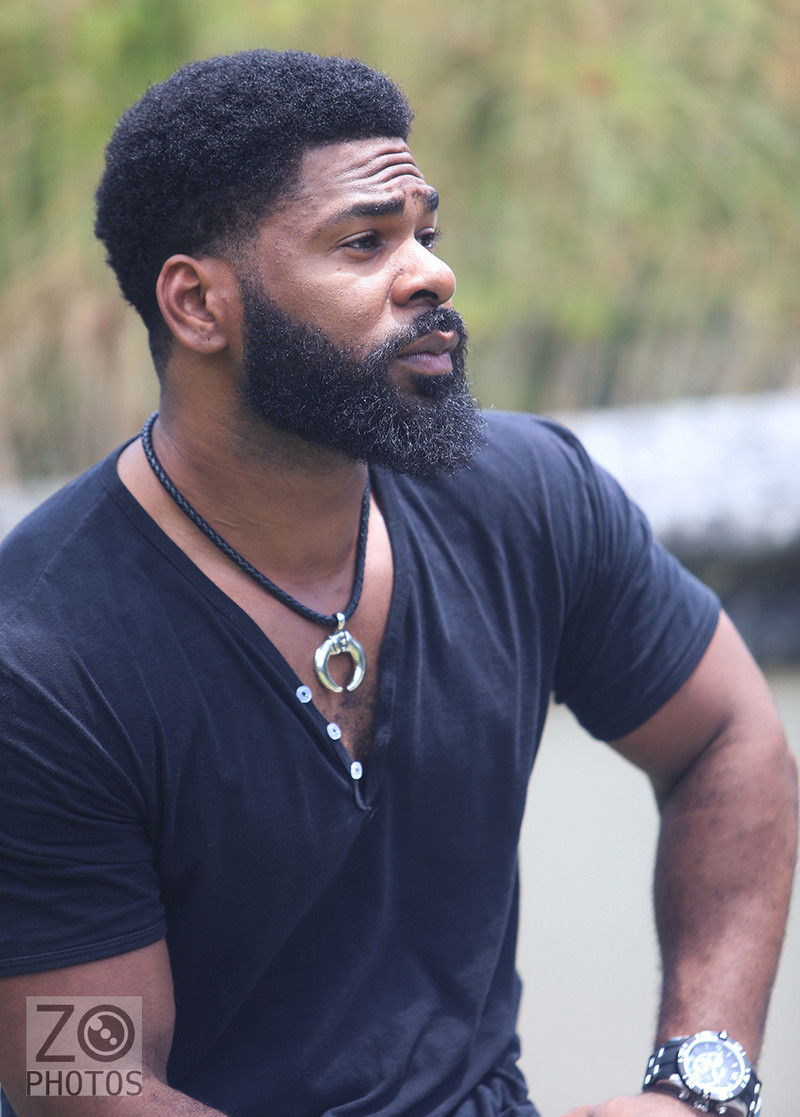
He saw the words, the n-word. And he saw his family. “It was more than history,” he said. “It was pain that I saw.”
That was his first time as a victim of a hate crime.
Philogène’s debut short film, “Color Blind”, born out of racial disparity towards victims of police brutality, premiered Sunday Oct. 1 at the Montreal International Black Film Festival.
The film tells the story of Thomas—played by Fritz Laporte—, who experiences a double standard. He and his friend David—played by Quentin Delcourt—break and enter into a house to rob it, but end up getting chased down by a pair of police officers. Whereas David gets caught and imprisoned, Thomas doesn’t get so lucky.
Philogène’s own story began shortly after his family moved to St. Eustache, Quebec in 1987. After buying a house and a vehicle, they were told that they were the first Black family in the area. Told twice, once by another local and once by the police.
“Bring the conversation. Again, and again, and again. Never stop bringing this conversation.” – Vladimir Philogène
As a young child, he asked his father why the driveway incident happened. While recalling the story he acknowledged how difficult the question must have been to answer, “How do you tell a kid that somebody doesn’t like you because of how you look?”
It was then that Philogène realized that he was living in a society where people would notice him for the colour of his skin. From then on, he would have to put extra effort into making a good first impression.
In hopes of amplifying underrepresented voices, Philogène pursued his career in media and is now a cinematographer, videographer, and filmmaker. He sees art and media as one way to promote change.
“Bring the conversation. Again, and again, and again. Never stop bringing this conversation,” he said. “Nobody is going to be able to get his rights respected by just being nice.”
After working on commercials, he wanted his first film to be about a relevant and important topic. In 2015, after the death of 12 year-old Tamir Rice in 2014, Philogène’s friend, Fabyola Stiven, wrote the script of “Color Blind.”
That same year, approximately 1,146 people were killed in the States due to police brutality; Black people were the majority of victims per capita according to The Guardian, who use a feature that keeps track of the number of people killed by police per year.
Philogène said he does not only want the violence to stop for Black people. Police brutality affects everyone directly or indirectly. “In the end, too many lives [were] wasted,” he said.
Vladimir Philogène // Color Blind // Montreal International Black Film Festival


